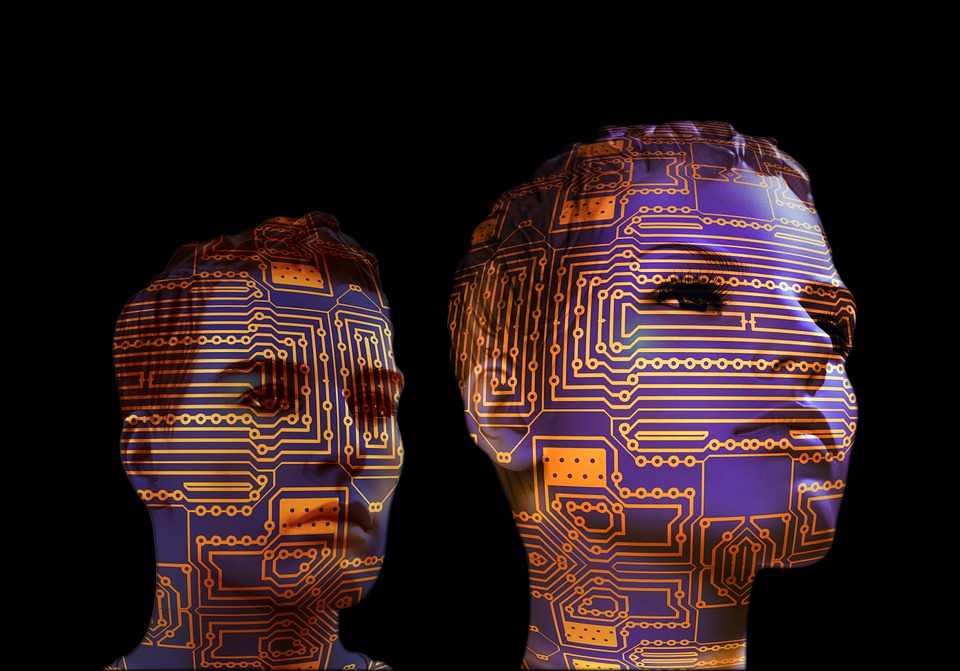To Delete My Social Media..Or To Not
 “My worst fear as a parent was that my kids might lose an alternative frame of reference — that growing up as Digital Natives, they would swallow the pancake paradigm whole and forget there were more nourishing ways for friends and family to connect.”
“My worst fear as a parent was that my kids might lose an alternative frame of reference — that growing up as Digital Natives, they would swallow the pancake paradigm whole and forget there were more nourishing ways for friends and family to connect.”
Have you ever wondered what it would be like if your parents never let you be on social media or not have a phone?? Or, taken a break from all social media for a long period of time? At first it would be horrible, but in the end, so refreshing. Imagine all that time you would have! Susan Maushart, in her article “When My Kids Unplugged, did just this and unplugged her children from all social media for six months as a test, and came up with interesting results after the experiment. She begins to describe her children (like most children) “inhabit media” instead of use it. It’s a part of who they are and their way of living and without it there is no life to live. One of the reasons she took social media away from her children was because it ruins meaningful relationships. I completely agree with this argument because social media does take away from the relationships you have in REAL life, and gives you false lives through the internet. That is NOT how you learn to be sociable and build a relationship with someone. When you’re caught up in social media all the time you tend to “slack about getting together with friends the old-fashioned way, in a high resolution reality”. Being on social media all the time takes away from all the good times you could be having in the here and now. Technology and its advances are interesting and we want to be a part of it all, but we have to remember that there is a real world outside of it that we need to experience. I for one don’t want to look back on my life and regret not doing things I saw other people doing through social media. We see cool videos and read fascinating stories online, but when are we going to be the ones to experience them for ourselves? The answer is when we unplug from social media and step outside to live in actual reality instead of a virtual one.

